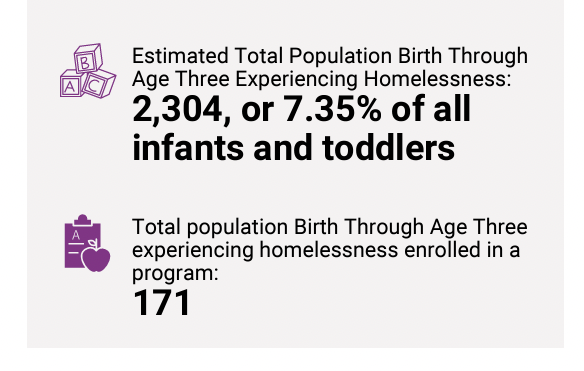District residents spoke up about public discrimination and police misconduct at an April 6 Know Your Rights meeting hosted by the Office of Human Rights and the Office of Police Complaints.
Theresa Rainey, Outreach Coordinator at the Office of Human Rights (OHR), opened the meeting by introducing Washington D.C.’s 19 protected traits. Of this group, Rainey noted that discrimination based on race, sex, and disability are the top reported in complaints. The OHR provides a five step complaint process, but is also flexible when it comes to starting a conversation between the accused offender and the victim. “Discrimination can be very personal,” said Rainey. “Sometimes all someone needs is an apology and to acknowledge that harm was done.”
Specific issues that were brought up by the moderators and the audience were a business’s refusal to serve someone because of their housing status, and the steps that should be taken when a company does not comply and continues to discriminate. Rainey emphasized that policy and laws are what give the OHR their power.
“If there’s not a law addressing something, we don’t have the authority to act…having said that, we do have a lot of power,” she said.
The Office of Police Complaints (OPC) segment of the meeting was led by OPC Public Affairs Specialist, Nykisha Cleveland, and featured comments from Carson Gardner, an OHR Human Rights Officer. Cleveland and Gardner advised the audience how to approach confrontation with the D.C. police, as well as how to follow up with filing a complaint. The OPC fields situations involving harassment, unnecessary or excessive force, inappropriate language or conduct, discrimination, retaliation, and failure to identify. The OPC has no affiliation with the police department.
Gardner assured meeting attendants that the OHR and the OPC are willing to listen to all complaints regardless of how much solid information a citizen has.
“We’re not a court. You don’t have to come knowing everything,” Gardner said. “We don’t need hard evidence. All we need is a story.”








